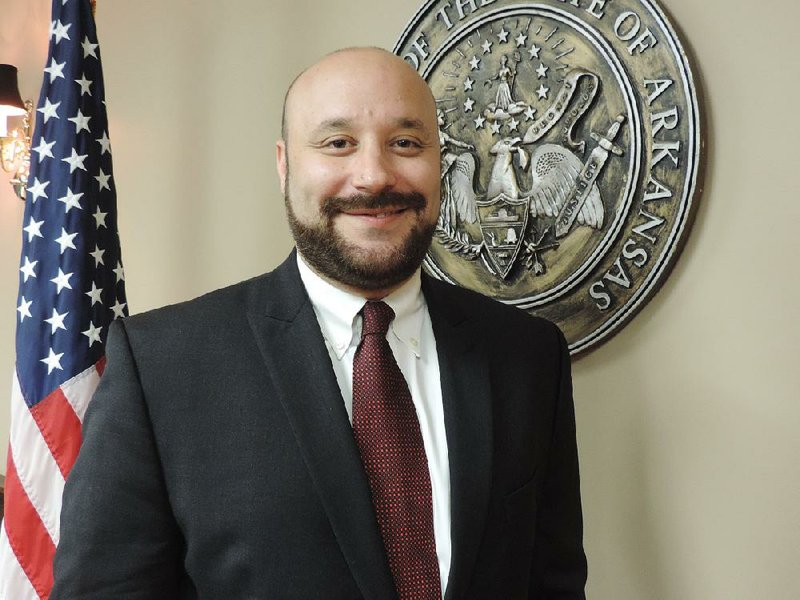
With the passing of Justice Ruth Bader Ginsburg last week, all eyes turn to the U.S. Supreme Court and the race for the presidency this November.
Every time a seat on the nation’s high court is vacated, Americans are reminded of a simple fact: Elections really do have consequences.
That’s especially true of presidential elections, because the president is responsible for nominating federal judges and appointing men and women to lead government agencies.
There’s no denying that the U.S. Supreme Court has tremendous power. But the truth is the nation’s district courts and appeals courts arguably are just as important — if not more so.
For example, right now the U.S. Equal Employment Opportunity Commission is suing a Kroger store in Conway, Arkansas over alleged religious discrimination.
According a complaint the EEOC filed last week, the Kroger store disciplined — and eventually fired — two employees who declined to wear a rainbow insignia on their store aprons.
The rainbow insignia is widely understood to be a symbol of gay pride, and the two employees both profess to be Christians who object to homosexual behavior.
The U.S. government’s lawsuit against the store argues that discipling and firing the employees ultimately amounts to religious discrimination under federal law.
The case is currently before U.S. District Judge Lee Rudofsky.
President Trump nominated Judge Rudofsky in July of 2019, and the U.S. Senate confirmed him last November.
Judge Rudofsky no doubt will give the case a very fair hearing.
It’s difficult to imagine the Obama Administration’s Equal Employment Opportunity Commission taking up a case like this one a few years ago.
From 2013 – 2016, the Obama Administration issued directive after directive promoting a pro-LGBT agenda — often at the expense of religious liberty.
The Trump Administration’s EEOC is standing up for religious liberty in this lawsuit, and one of President Trump’s judicial nominees is presiding over the case.
This lawsuit may never land before the U.S. Supreme Court, but it still could impact how businesses in America treat their employees’ religious beliefs and how future courts handle religious discrimination cases.
Cases like these often don’t get the attention they deserve, but they can affect Americans for years to come.


